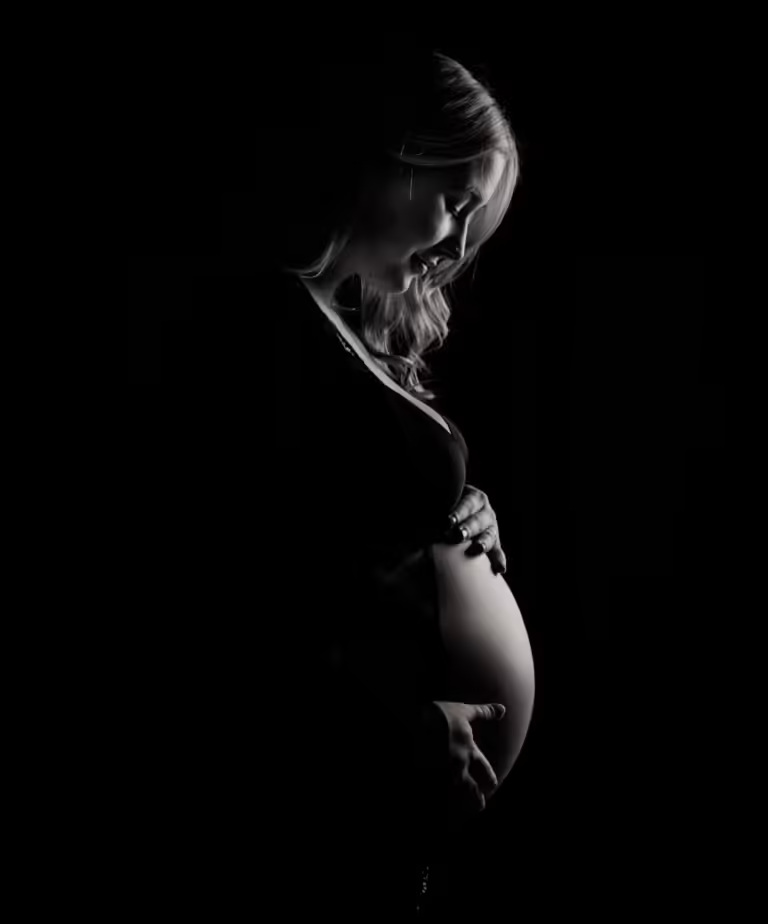The Unspoken Grief: Exploring Stress and Spousal Support After Miscarriage
Miscarriage. A word heavy with sorrow, a reality far too common. As an author dedicated to bringing critical health information to light, I recently delved into research surrounding the psychological impact of miscarriage on women, specifically focusing on a Turkish study published in the Fenerbahçe University Journal of Health Sciences. The study’s findings, exploring the relationship between perceived stress and spousal support in women who have experienced miscarriages, unveiled a poignant narrative about the unseen struggles these women face and highlighted the crucial role spousal support plays in their journey through grief and healing.
The Silent Epidemic: Unpacking the Statistics
While the joy of pregnancy is universally celebrated, the heartbreak of miscarriage often remains cloaked in silence. Shockingly, it is estimated that 10-15% of known pregnancies end in miscarriage. The emotional toll this experience takes on a woman is immeasurable, yet often underestimated. The study in question underscores this alarming fact. It reveals that the participating women, who all had experienced a miscarriage within the previous six months, had moderate levels of stress. Let that sink in for a moment – moderate levels of stress. Imagine the inner turmoil, the silent cries, the anxieties that lay hidden beneath this seemingly manageable level of stress. This, my friends, is the reality of miscarriage: a wound that runs deep, leaving emotional scars that may not always be visible to the naked eye.
Beyond Biology: The Multifaceted Impact of Miscarriage
The impact of miscarriage extends far beyond the physical realm. While the body endures the hardship of loss, the mind grapples with a maelstrom of emotions: grief, guilt, anxiety, and a profound sense of emptiness often engulf a woman’s spirit. It is here, in the labyrinth of these complex emotions, that spousal support becomes paramount.
This study unveiled a statistically significant (p<0.01) correlation between a woman’s level of perceived spousal support and her level of perceived stress. In essence, the research demonstrates that as a woman’s perception of her spouse’s support decreases, her stress level increases. The study, conducted amongst 182 Turkish women, sheds light on this critical dynamic, underlining that the role of a spouse transcends that of a mere life partner. In the aftermath of a miscarriage, a spouse becomes a pillar of strength, a source of solace, and a beacon of hope.
Deconstructing the Data: A Glimpse into the Study
This compelling research utilized a cross-sectional and correlational design to investigate the perceived stress and spousal support levels of 182 women who had experienced miscarriages. Participants were recruited from a maternity and children’s hospital in Istanbul, Turkey. To accurately measure their experiences, the study employed two well-respected psychometric scales: the Perceived Stress Scale (PSS) and the Spouse Support Scale (SSS). The PSS quantifies an individual’s perception of stress in their life, with higher scores reflecting higher stress levels. Conversely, the SSS measures the degree to which an individual feels supported by their spouse, with higher scores indicating stronger perceived support.
The findings revealed average PSS scores of 26.25±6.92, classifying the women’s stress levels as moderate. Meanwhile, their average SSS scores reached 70.76±11.44, signifying a high level of perceived spousal support. Although these results may initially seem positive, remember the key finding – that a decrease in perceived spousal support correlated with an increase in perceived stress. This indicates a critical need to equip partners with the knowledge and skills to effectively support their wives through this incredibly challenging experience.
Beyond “Just Being There”: Redefining Spousal Support
Ask any well-meaning individual about how to support a loved one through grief, and they’ll likely say, “Just be there.” While this sentiment is rooted in good intentions, the reality is far more nuanced, especially regarding the complexities of miscarriage. The impact of this experience on a woman is deeply personal, and the support she needs can vary widely.
So, how can spouses transition from passive bystanders to active pillars of support? It starts by fostering open and honest communication, creating a safe space for women to express their grief without fear of judgment. Empathy becomes the bedrock of such communication, allowing spouses to connect with and validate their partners’ emotional turmoil.
Moreover, it is about recognizing that “fixing” the situation isn’t possible. Instead, support means holding space for their partner’s grief, actively listening, validating their feelings, and offering practical assistance like taking on household tasks or accompanying them to medical appointments. It’s about small gestures of love and understanding that remind the woman they are not alone.
The Imperative for Healthcare Intervention
The findings of this study underscore a crucial takeaway: healthcare professionals play an integral role in supporting women following miscarriage. By developing and implementing programs that directly address stress reduction and management strategies, they empower these women to navigate their grief journey more effectively. Imagine a world where support groups and educational resources become the norm, providing a platform for women to connect, share their stories, and learn coping mechanisms. This is the change that’s needed.
However, the responsibility does not end with the woman. This study underscores the vital need to engage spouses in this healing process. Providing targeted information and guidance to partners about providing emotional and practical support following miscarriage could be instrumental in mitigating stress levels in women. By equipping partners with the knowledge and tools to offer meaningful support, we empower couples to navigate this challenging chapter together, strengthening their bond amidst adversity.
Turning Research into Action: A Call for Change
The silent suffering exposed by this research is a call to action for all of us. We must shatter the stigma surrounding miscarriage, opening up honest dialogues and fostering environments where women feel safe seeking the support they desperately need. Spouses, friends, family members, healthcare professionals – we all have a role to play in changing the narrative around miscarriage, transforming it from a hushed heartbreak into a journey towards collective healing and understanding.








